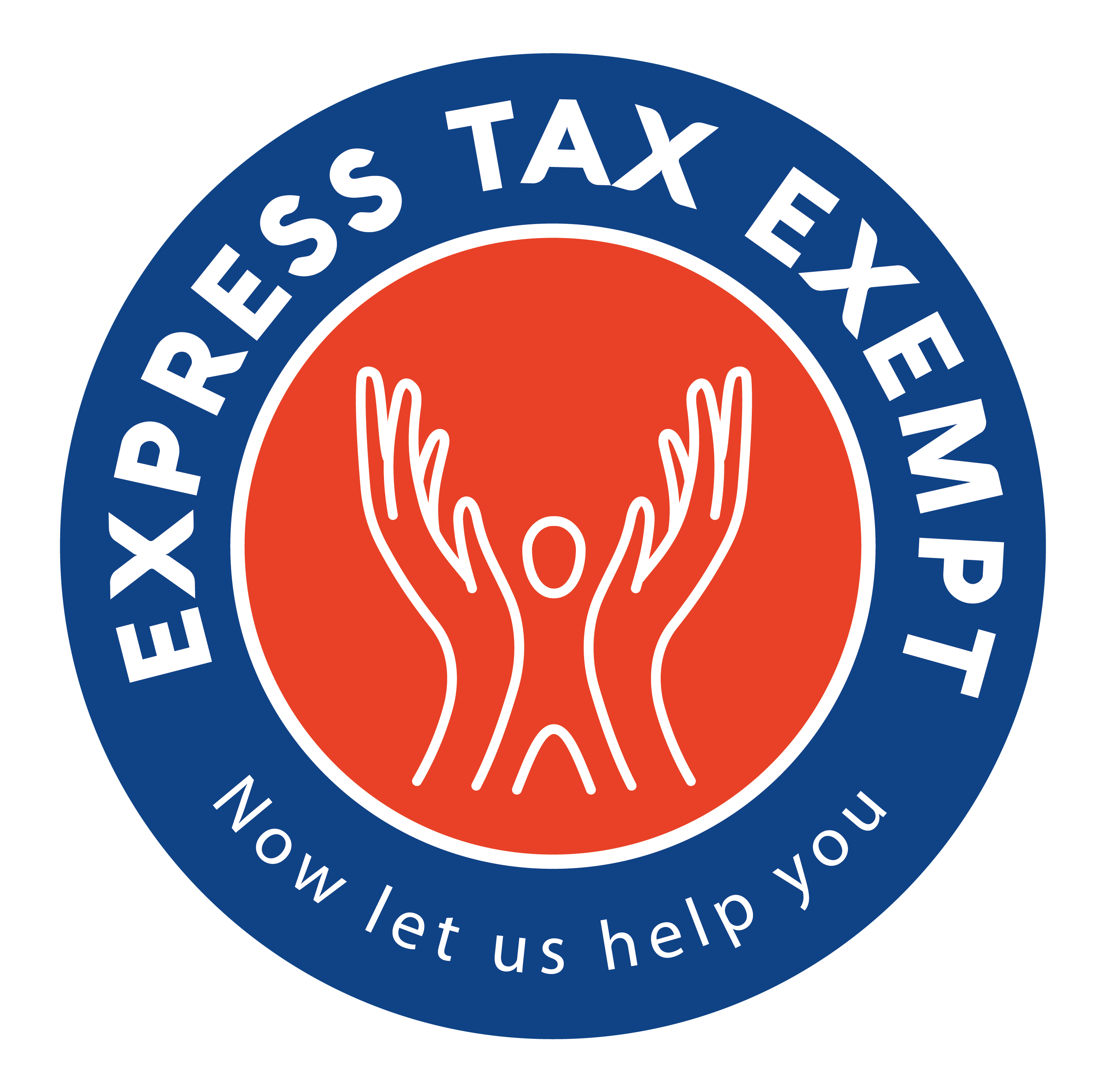Blessings on Blessings: The 411 on Earnings For Clergy
| October 10, 2017 | church employee, Churches, clergy, clergyman, deductions, employee, God, house of God, itemizeddeductions, man of the cloth, self employed, self employment tax, Tax Exempt, tax exempt info, woman of the cloth | No Comments
A familiar passage of scripture found in Luke 6:38 says: “Give, and it shall be given unto you; good measure, pressed down, and shaken together, and running over, shall men give unto your bosom…”
Although financial blessings are greatly appreciated by all mankind, men and women of the cloth should take some precautionary measures when accepting monies for their ministerial services.
Licensed, Commissioned, or Ordained ministers are considered to be common law employees of a church, employed to provide ministerial services.
Some exceptions to this classification are made to those such as traveling evangelists who are self-employed under the common law.
As a minister that performs ministerial services, all earnings, including wages, offerings, and fees received for performing marriages, baptisms, funerals, etc., are subject to income tax, whether the amount was earned as an employee or self-employed person. The way you treat these expenses (related to these earnings) differs if you earn the income as an employee or as a self-employed person.
Church Employee vs. Self-Employed
Generally, clergy is considered to be an employee if the church or organization has the legal right to control what the clergy does and how they do it, even if there is considerable discretion and freedom of action provided.
 As a minister, if a congregation employs you with a salary, you are generally a common-law employee of the congregation and your salary is considered wages for income tax that can be withheld.
As a minister, if a congregation employs you with a salary, you are generally a common-law employee of the congregation and your salary is considered wages for income tax that can be withheld.Amounts of money received directly from members of the congregation, including fees for performing marriages, baptisms, or other personal services, are generally earnings from self-employment for income tax purposes.
NOTE: The salary you receive from a congregation and fees received from members of a congregation are subject to self-employment tax.
Social Security/Medicare
Regardless of a clergy’s status under common law, ministerial services performed by clergy are considered self-employment earnings and are generally subject to self-employment tax.
Deductions
If you plan to itemize your deductions when filing, you may be able to deduct certain unreimbursed business expenses that are related to your services as a common-law employee on Form 1040, Schedule A (Itemized Deductions). Other forms that you could utilize when filing are:
-
Form 2106 (Employee Business Expenses)
-
Form 1040, Schedule C (Profit or Loss From Business – Sole Proprietorship)
-
This form is used if you are reporting self-employment income such as offerings or fees received for performing marriages, baptisms, funerals, etc.)
-
Form 1040, Schedule C-EZ (Net Profit From Business – Sole Proprietorship)
Housing For Clergy
Minister’s who have been provided a parsonage (home) may exclude the fair rental value of the home, including utilities. Please note that the amount excluded cannot be more than reasonable compensation for the minister’s services.
Also, minister’s who receive a housing allowance may exclude the allowance from gross income to the extent that it is used to pay expenses in providing a home. The amount excluded cannot be more than the compensation of the minister’s services.
If a minister owns their own home, deductions can still be claimed for mortgage interest and real property taxes. If the housing allowance exceeds the lesser of the reasonable compensation, the fair rental value of the home, or actual expenses, it must be included in the amount of the excess in income.
NOTE: The minister’s employing organization must officially designate the allowance as a housing allowance before paying it to the minister. Also, the fair rental value of a parsonage or the housing allowance is excludable only for income tax purposes. The minister must include the amount for self-employment tax purposes.
Exemption from Self-Employment Tax:
Did you know that clergy could request exemption from self-employment tax?
Yes, ministers can request an exemption from self-employment tax for their ministerial earnings, if they are opposed to certain public insurance for religious reasons. Exemption can NOT be requested for economic reasons.
In order to request this exemption, one must file Form 4361 (Application for Exemption From Self-Employment Tax for Use by Ministers, Members of Religious Orders and Christian Science Practitioners). This form must be filed by the due date of the minster’s income tax return (including extensions) for the second tax year that the minister has net earnings from self-employment of at least $400.
Moving Forward
As you continue to do the work of the Lord and make a difference in the lives of others daily, remove the burden of having to figure out how to file your taxes. With ExpressTaxExempt, we provide a simplified e-filing process that will suit all of your filing needs. Visit our website and save even more money when you e-file with our recently reduced filing rates! We’re available to assist you via phone at 704.839.2321 on Monday through Friday from 9 a.m. to 6 p.m. EST or reach out to us 24/7 via email at [email protected].

